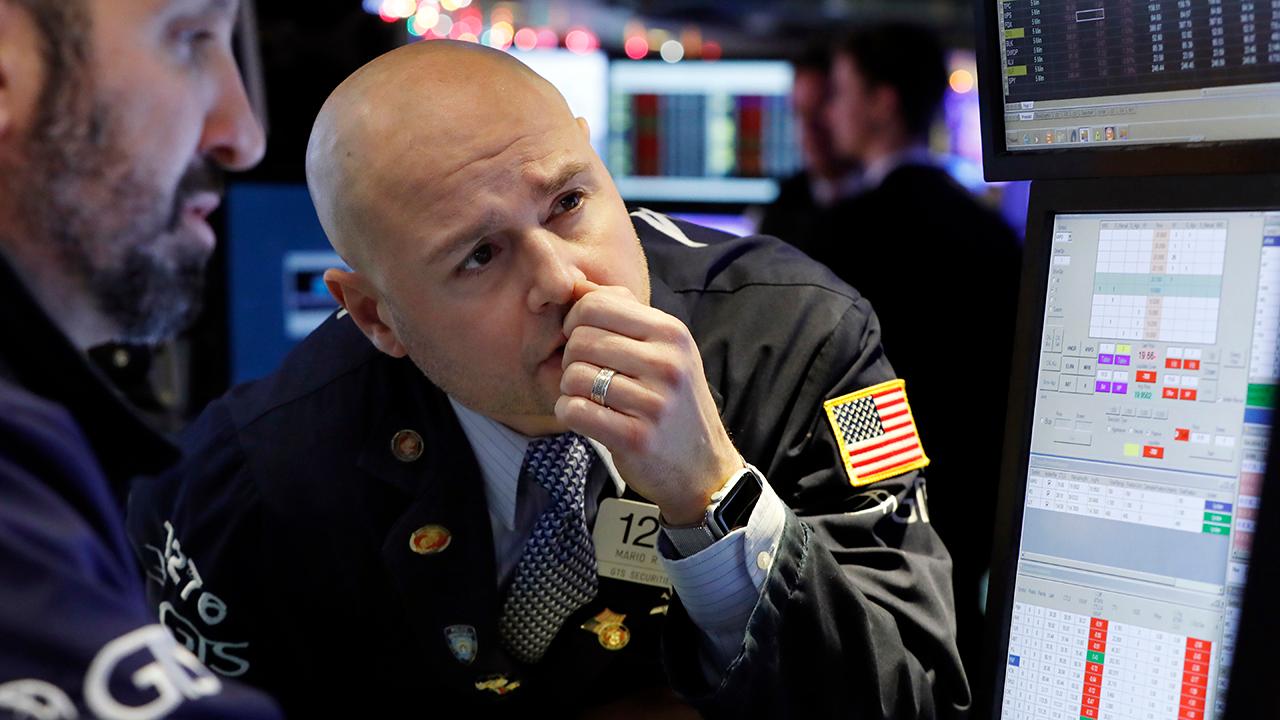A recession is coming, but don't flee markets yet
The economy is definitely starting to slow as we are nearing the end of the longest bull market in U.S. history. There is now a persistent fear that every report of slowing growth will mark the end of this bull-market economic cycle.
One of the first lessons of Economics 101 is that over the long-term, the U.S. stock market always follows the directional trend of the underlying U.S. economy. If the U.S. economy is growing and expanding, in the long-term, the U.S. stock market will go up. If the U.S. economy is plateauing or going sideways, the U.S. stock market, in the long-term, will go sideways. And, if the U.S. economy is declining, the stock market, in the long-term, will decline with it.
Right now, the underlying U.S. economy is still continuing to grow and expand, but that growth is definitely starting to slow. The big question investors want to know is how much time do we still have left in this bull market before the economy starts to decline into the next recession/bear market?
Most analyst predict we are going to slow in 2019, from the 2.9 percent growth in 2018 to between 2 and 2.4 percent this year.
As an active investment manager, I try to keep my clients fully invested in the stock market when the underlying economy is growing and expanding, and when the economy begins to decline, I quickly move my clients out of equity markets. Here is where we are today compared to the last two recessions.
2001-2002 recession
The current consensus level of the ten-core leading economic indicators is similar to where we were at the same point in June 2000. The 2001-2002 recession officially started in March 2001, or nine months later.
2007-2008 recession
The current consensus level of the ten-core leading economic indicators is similar to where we were at the same point in April 2006. The 2007-2009 recession officially started in December 2007, or twenty months later.
Don’t flee markets in 2019
Taking in a number of other factors, many economic analysts expect that the next recession will begin sometime in the next 14 to 18 months, or sometime in mid-to-late 2020. But don’t panic and get out of the stock market yet. There are several reasons to be optimistic that 2019 could be a very good year for the U.S. stock market.
First, according to FactSet, the average earnings gain of S&P 500 companies last year was 20.1 percent. Under normal circumstances, the stock market should have been up substantially in 2018, but because of political issues and other fears the market turned negative at the end of the year.
When a negative trend in the stock market diverges from a growing and expanding underlying economy, the market will eventually “revert to mean” or move back to the long-term trend of the economy. We are seeing that now. The stock market is in the process of correcting back and is up year-to-date almost 12 percent.
Second, according to consensus analyst estimates, the S&P 500 index will increase price performance by 10 percent over the next 12-months. That is in addition to the current YTD gains of about 12 percent.
CLICK HERE TO GET THE FOX BUSINESS APP
For all these reasons, don’t flee stock markets this year. But start closely watching the growth or decline of the U.S. leading economic indicators in early 2020.
Paul Dietrich is the CEO and chief investment officer of Fairfax Global Markets LLC, a registered investment advisory firm. He is also an international corporate attorney and has been an advisor on privatization and economic development issues to the World Bank, as well as several governments in Asia, Eastern Europe and the former Soviet Union.




















